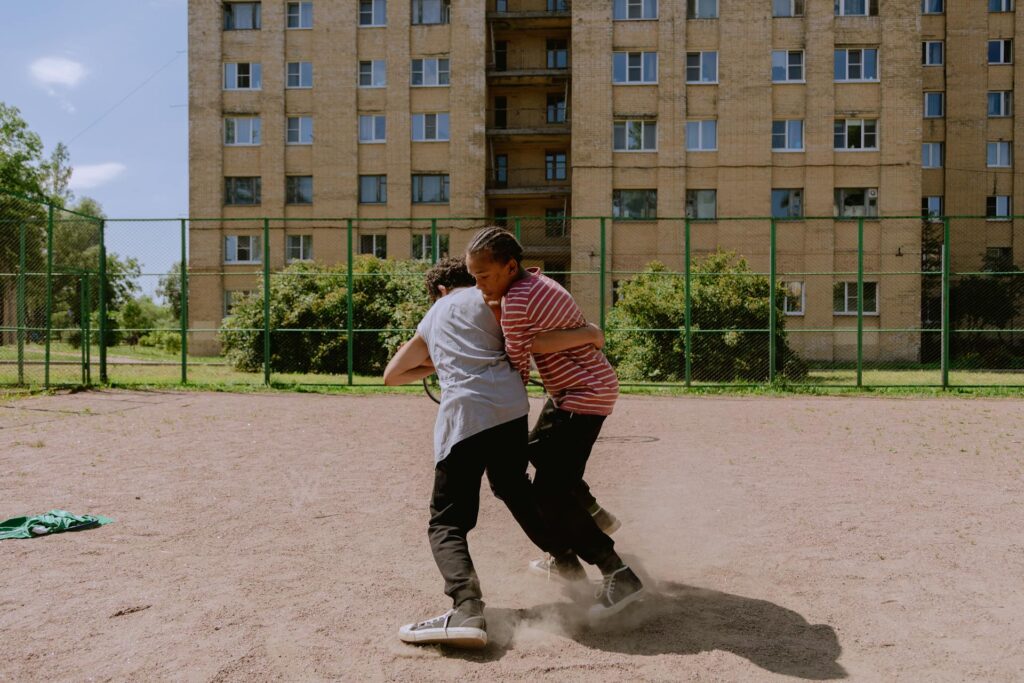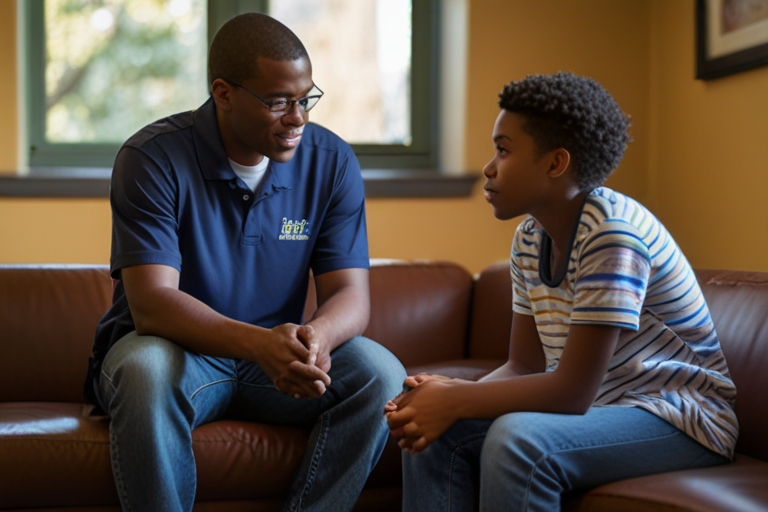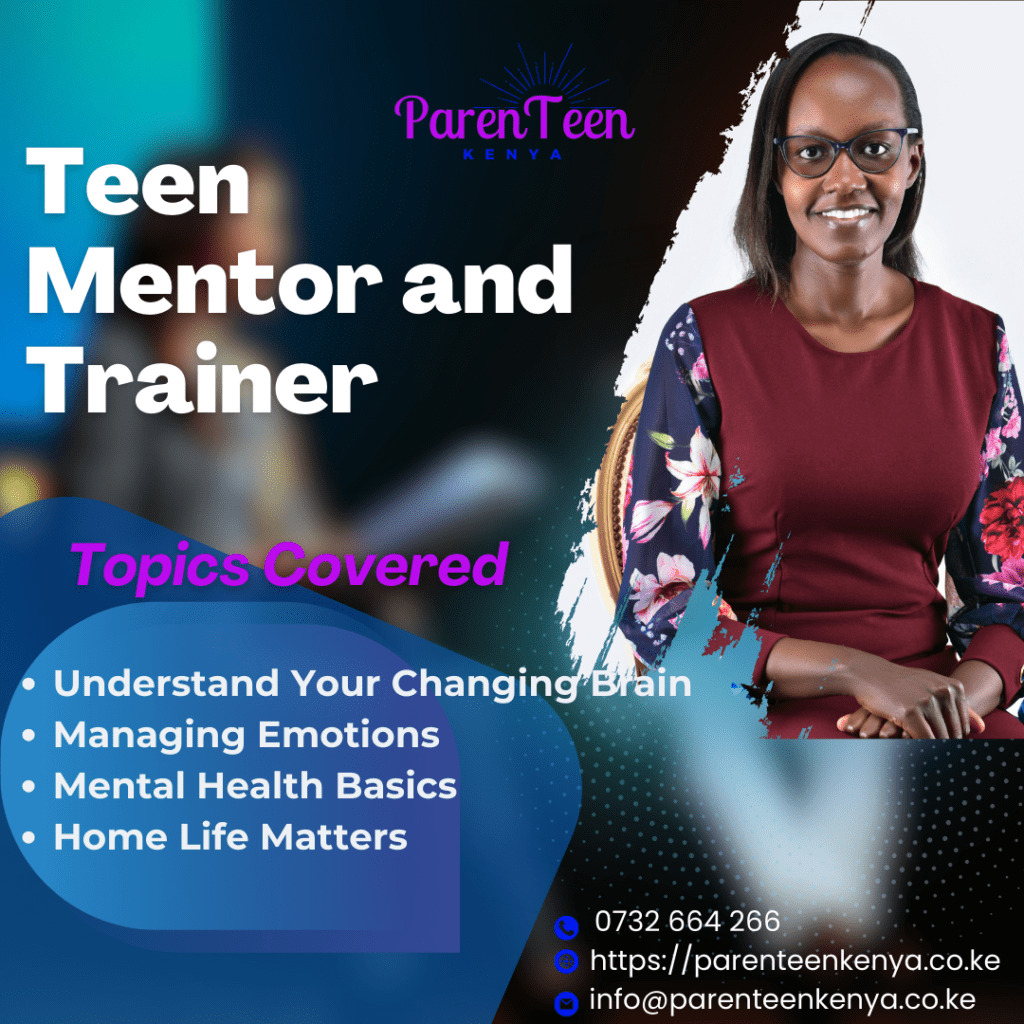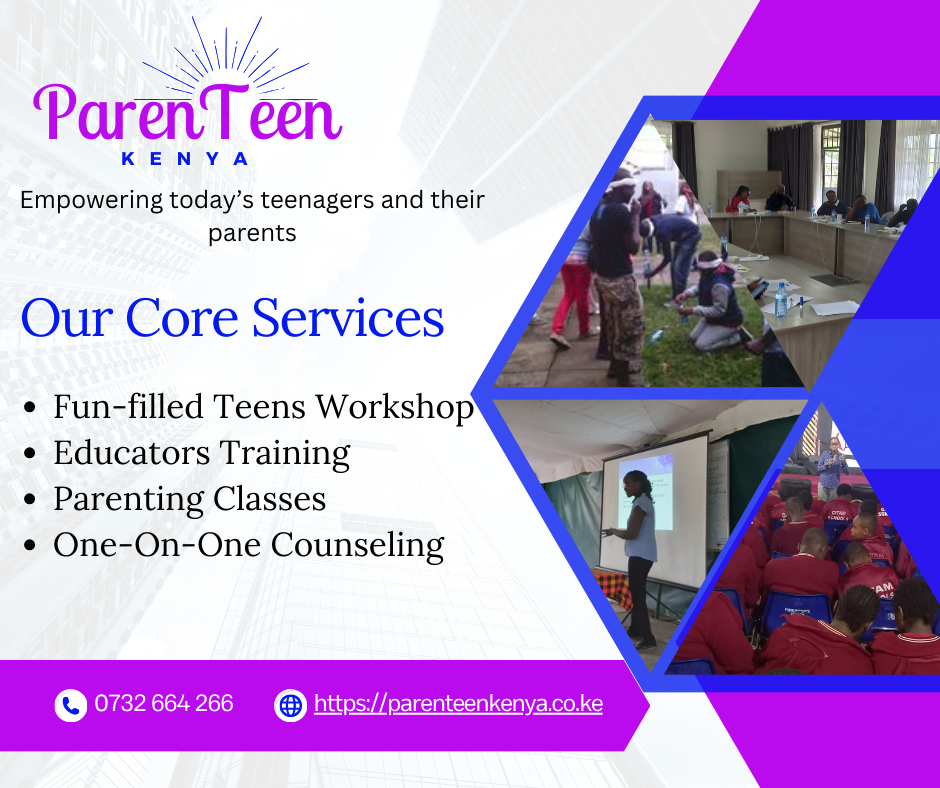Parenting a teenager is rarely smooth sailing.
But parenting a teen with ADHD can often feel like sailing through a storm with no map.
You may find yourself yelling more than you’d like, repeating instructions a hundred times, or wondering why your child can focus on video games for hours but not complete a 15-minute assignment.
If this sounds like your reality, you’re not alone.
Before diving into strategies and solutions, it’s crucial to understand what’s really going on beneath the behavior.
ADHD is not just about being inattentive or hyperactive. It’s a brain-based condition that affects how your teen thinks, feels, and responds to the world around them.
In this piece, we’ll unpack seven key things you need to understand to parent your teen more effectively—and with more compassion.
1 – ADHD is Not Just About Attention — It’s a Brain-Based Delay in Development

You may have told your teen a thousand times to clean their room, do their homework, or stop interrupting during conversations.
When they don’t, it’s easy to assume they’re just being defiant or lazy. But what if the real issue is that their brain is wired differently?
Research shows that teens with ADHD often have a delay in the development of their brain, particularly in areas that manage attention, decision-making, and impulse control.
Specifically, the prefrontal cortex (the area responsible for planning and self-regulation) can lag behind their peers by up to three years.
That means your 15-year-old might function more like a 12-year-old in terms of emotional control and decision-making.
When you look at it that way, their behavior suddenly makes more sense. It doesn’t excuse it, but it explains it.
Understanding this delay can help you shift from frustration to empathy.
Instead of expecting them to “act their age,” you can meet them where they are developmentally and provide the guidance and support they still need.
2 – Executive Functioning: Why Your Teen Struggles with Planning, Focus, and Organization
You tell your teen to do their homework. They say “okay,” but two hours later, they’re still scrolling on their phone.
You remind them about their chores, but they leave the laundry half-done. Sound familiar?
This isn’t because your teen is lazy or doesn’t care. It’s likely due to challenges with executive functioning—a set of mental skills that help us plan, focus, remember instructions, and manage multiple tasks.
For teens with ADHD, executive functions are significantly impaired.
Tasks that seem simple to you—like starting an assignment, breaking it into steps, or sticking with it until it’s finished—can feel overwhelming or confusing to them.
Their brain has trouble:
- Organizing information
- Prioritizing what needs to be done
- Regulating attention
The result? Missed deadlines, forgotten tasks, and constant battles over what looks like “common sense.”
By understanding executive functioning issues, you can stop viewing these behaviors as willful disobedience and start providing tools to support them: visual schedules, reminders, checklists, and step-by-step guidance.
These aren’t just shortcuts—they’re tools to help your teen build skills their brain isn’t yet wired to handle on its own.
Interesting Read: How to Talk to Teens About Vaping and Juuling
3 – It’s Not a Discipline Problem — It’s a Self-Regulation Challenge

You’ve tried grounding them, taking away devices, raising your voice—yet nothing seems to stick. That’s because discipline alone doesn’t address what’s really going on.
At the heart of ADHD is a self-regulation problem.
Your teen isn’t just struggling to follow rules—they’re struggling to control their impulses, manage emotions, and adjust their behavior in the moment.
Think of it like a car with faulty brakes. They may know what to do, but when they hit the gas (emotions, excitement, distractions), their “brakes” don’t always work as expected.
Punishment may temporarily stop a behavior, but it doesn’t teach the underlying skill of self-control. What your teen needs is coaching, not just consequences.
Instead of saying, “Why can’t you just calm down?” try helping them learn what calming down actually looks like—deep breathing, walking away, using words to express frustration.
Understanding this can change your whole parenting approach. You’ll stop asking, “How do I make them behave?” and start asking, “What support do they need to do better next time?”
4 – Emotional Intensity: ADHD and Big Feelings
If your teen’s mood swings feel like a rollercoaster, you’re not imagining things.
Many teens with ADHD experience emotional dysregulation—intense emotions that arrive quickly, feel overwhelming, and are hard to calm down from.
Your teen might go from zero to furious in seconds over something small, or burst into tears after a mild correction. This isn’t drama or manipulation. It’s a neurological response.
Because their brains have trouble managing emotional input, ADHD teens often react more strongly and take longer to return to baseline. This can leave parents feeling like they’re always “walking on eggshells.”
Your job isn’t to avoid their emotions, but to help them learn how to ride the wave.
- Model calm responses.
- Create safe spaces to talk.
- Teach naming emotions and using coping strategies like journaling, music, or movement.
Over time, this builds emotional intelligence and resilience. And just as important, it strengthens your connection with your teen in those moments they feel most out of control.
5 – Motivation Isn’t Always Internal — Why ADHD Teens Need External Supports
“Why won’t they just do it?” you ask. “They know it’s important!” But what motivates you may not work for a teen with ADHD.
ADHD brains process rewards and consequences differently.
The promise of a good grade next week may not matter as much as the dopamine hit from a funny video right now. This isn’t a character flaw—it’s how their brain is wired.
That’s why external supports are so crucial. These can be things like:
- Visual timers
- Written reminders
- Small rewards for progress
- Routines that build habits through repetition
Your teen may also benefit from tasks broken into smaller steps with immediate feedback.
Instead of saying, “Clean your room,” break it into parts: “Pick up clothes. Then vacuum. Then organize desk.”
By setting clear expectations and giving real-time incentives, you’re helping their brain stay engaged long enough to build momentum—and that’s what leads to change.
6 – Social Struggles and Low Self-Esteem
Teens with ADHD often feel different, and not in a good way.
They may get teased for interrupting too much, lose friends because of impulsive behavior, or struggle in group settings.
These social difficulties can lead to chronic rejection, which chips away at their self-esteem.
Even when they don’t show it, many ADHD teens walk around feeling like they’re “too much” or “never enough.”
You might notice your teen:
- Withdrawing from peers
- Becoming defensive
- Downplaying their own successes
This isn’t just normal teen drama—it’s a way of coping.
As a parent, your affirmation matters more than ever. Celebrate effort, not just results. Highlight their strengths. Be their safe place when the world feels harsh.
You can also support them in developing social skills through therapy, coaching, or role-playing difficult scenarios at home.
Helping them build confidence in who they are—not just what they do—can make all the difference.
7 – You’re Not a Bad Parent — You Just Need a New Playbook

If you’ve felt overwhelmed, angry, or even hopeless at times, you’re not a failure.
You’re parenting a child whose needs don’t fit the standard mold. That doesn’t mean you’re doing it wrong. It means it’s time for a different approach.
Traditional parenting strategies often fall flat with ADHD teens.
Yelling, threats, or rigid rules might work temporarily, but they don’t teach the skills your teen needs for long-term success.
Instead, think of yourself as a coach and collaborator. Work with your teen to set goals.
Choose battles wisely. Create predictable routines. And above all, maintain the relationship.
When your teen feels seen and supported, they’re more likely to listen and grow.
Also, don’t hesitate to seek help. Parenting an ADHD teen is hard, and you deserve support too. Whether it’s parent coaching, therapy, or support groups, you’re not alone on this path.
At ParenTeen Kenya we are here to offer you all-rounded support.
Understanding Comes Before Strategy
Parenting a teen with ADHD requires more than rules and consequences—it requires understanding.
Once you see the why behind your teen’s behavior, you can respond with wisdom instead of reaction.
This doesn’t mean lowering your standards or giving in to chaos.
It means parenting from a place of knowledge, empathy, and intentionality.
By shifting your mindset, adjusting your expectations, and learning what your teen truly needs, you can build a calmer home and a stronger relationship.
You’ve got this. Not because it’s easy, but because you care enough to learn what really matters.
Get in touch with us for more guidance.
Jane Kariuki is a devout Christian, Clinician, Psychologist, and founder of ParenTeen Kenya. She authored an exceptional training manual used in her teens’ workshop and an instructional guidebook for her parenting classes. If she is not training, blogging, or counseling, Jane loves to spend time with her sweet husband and three children.







